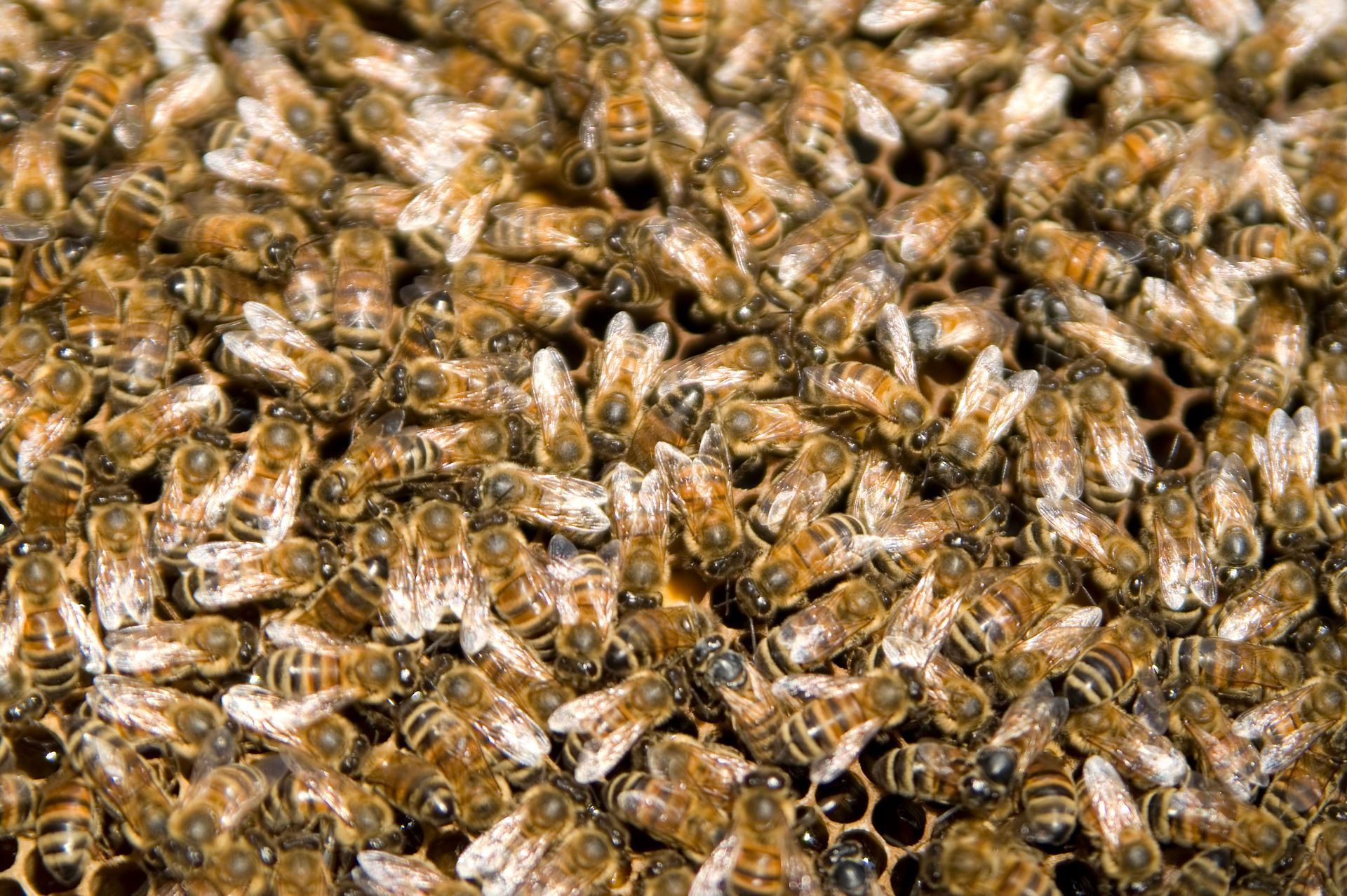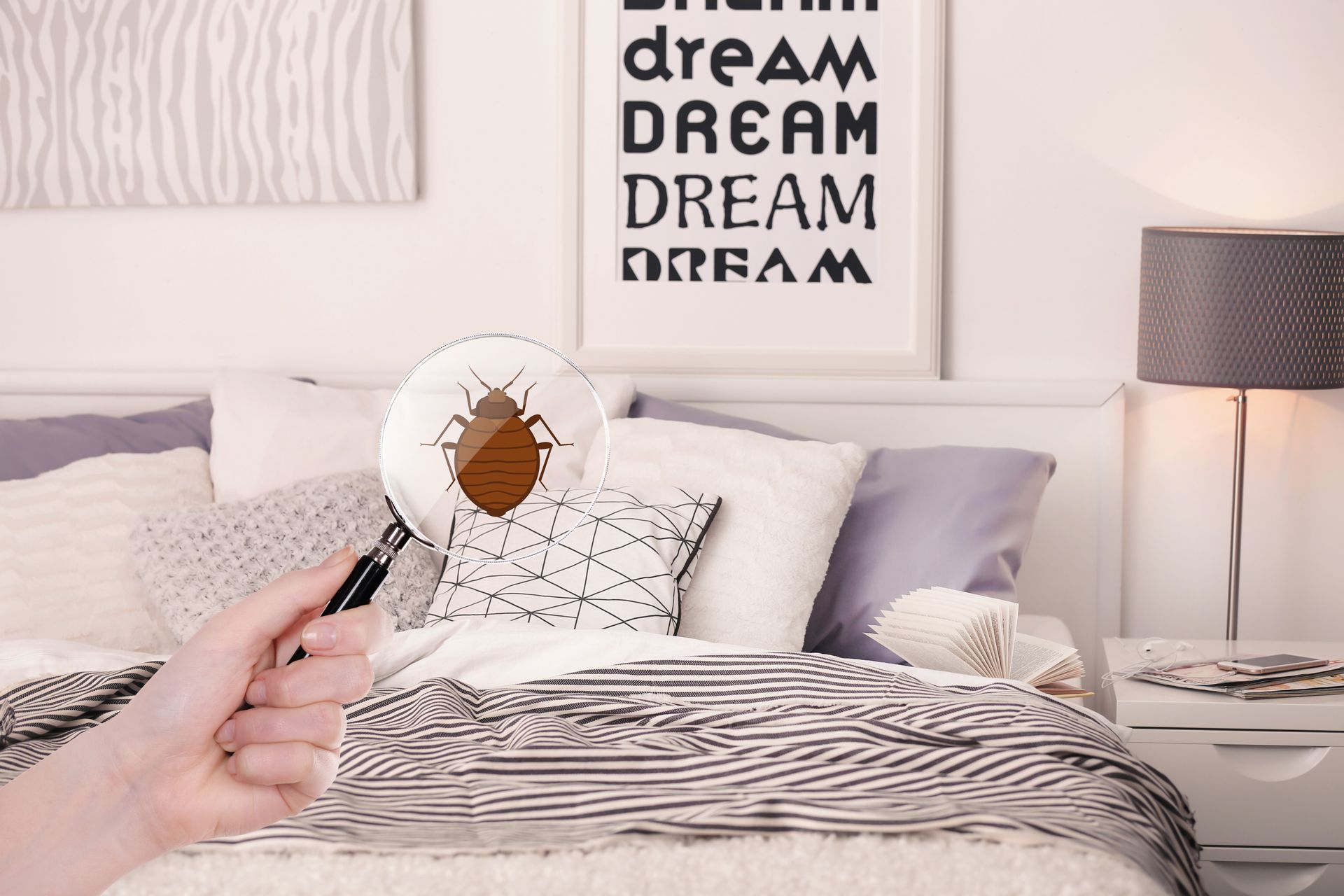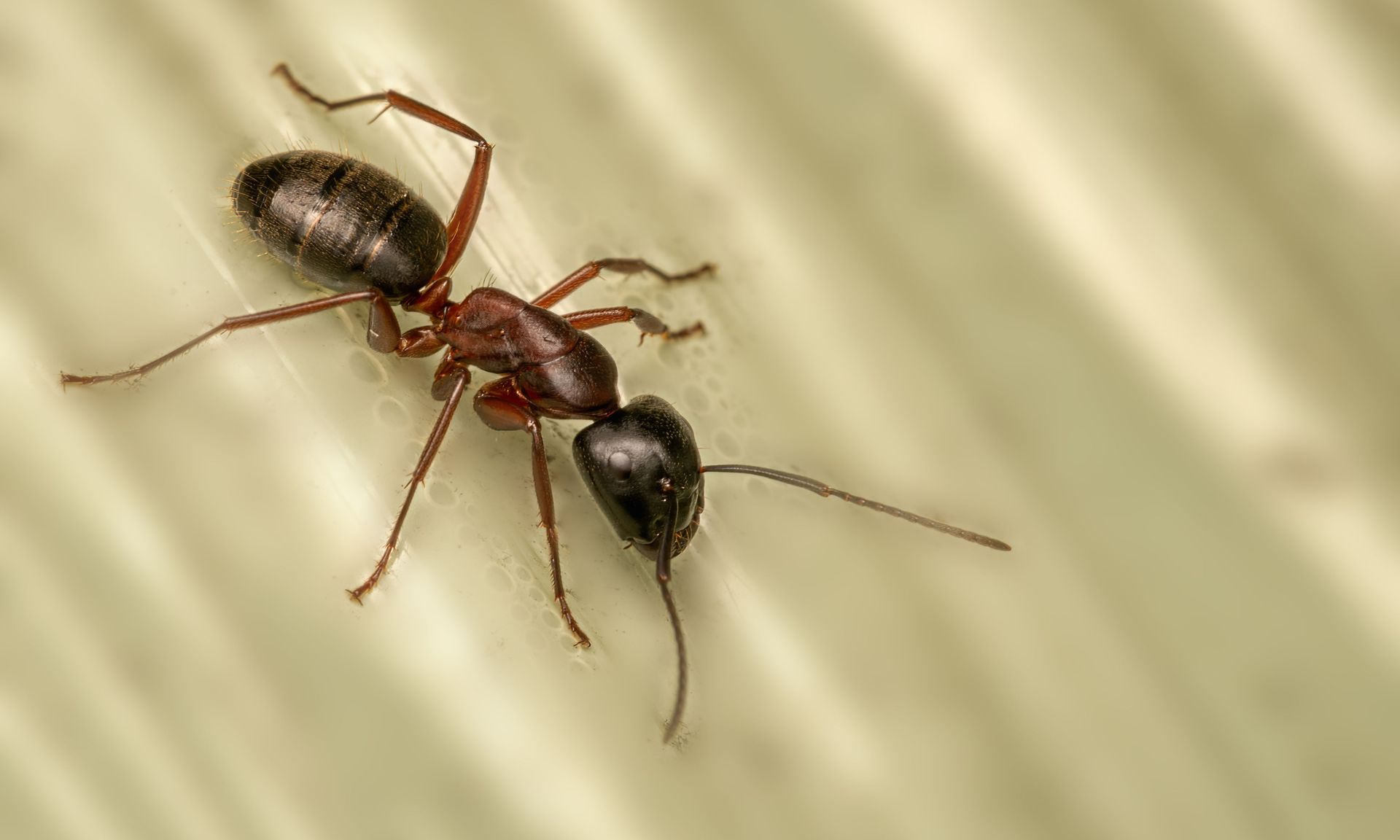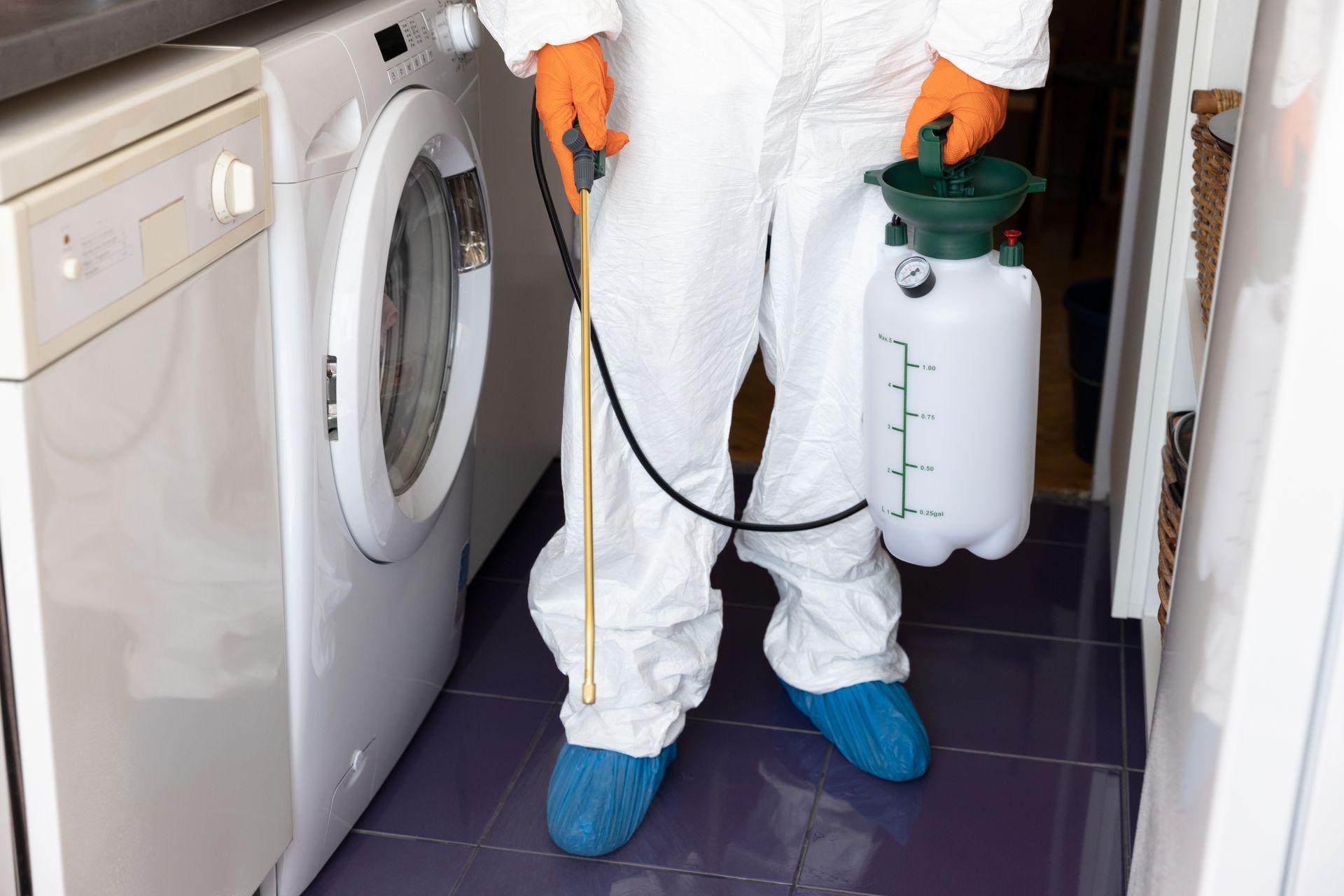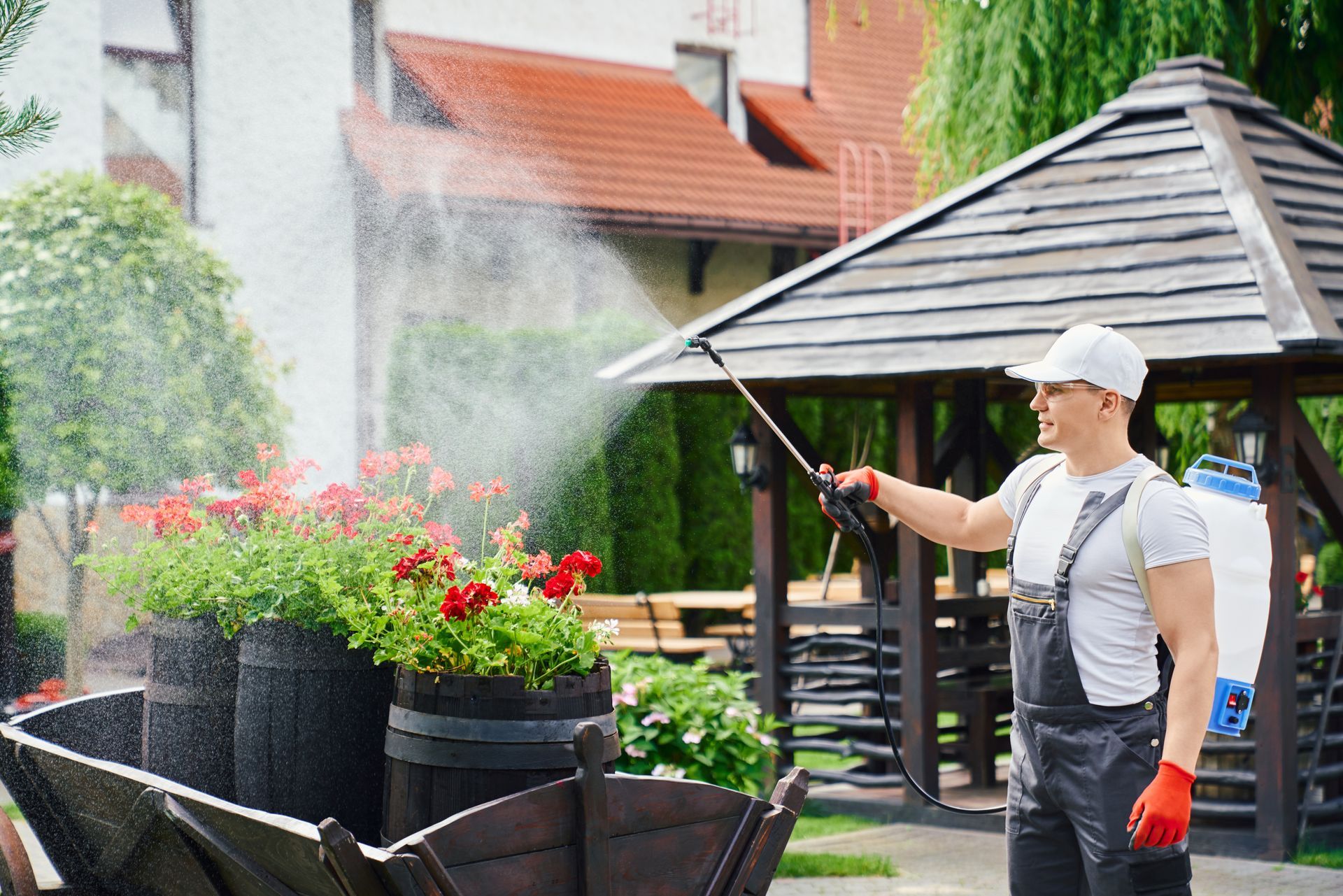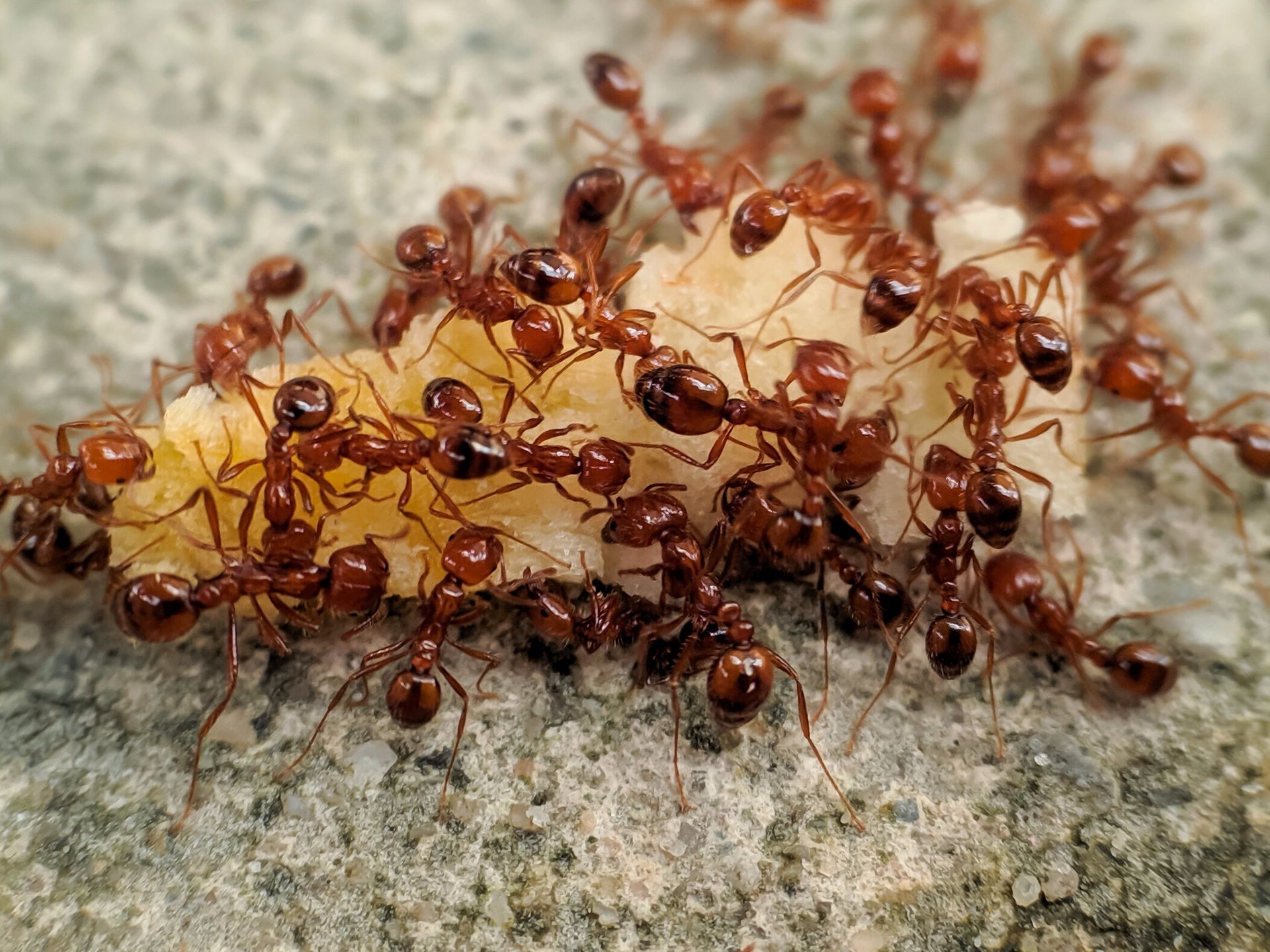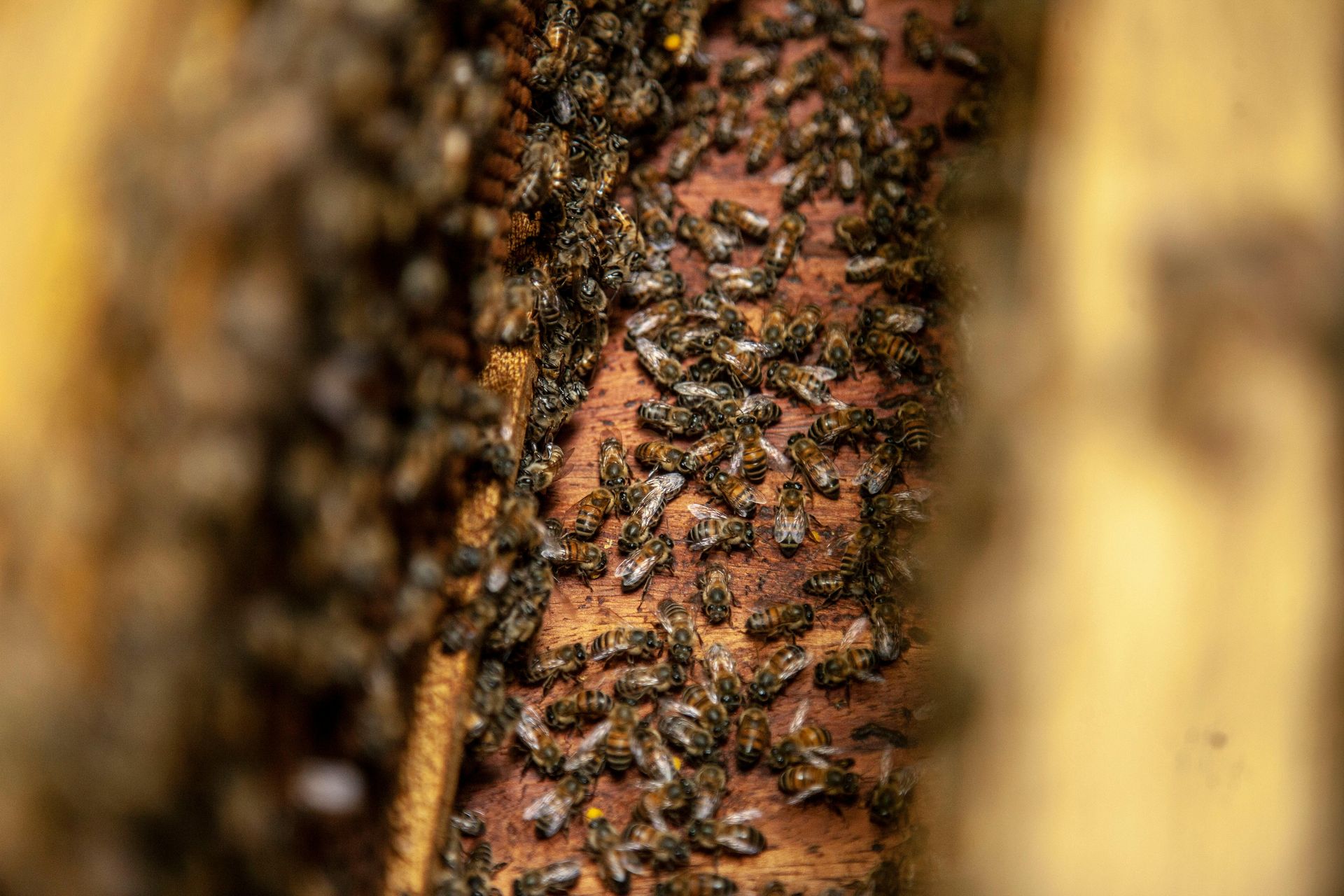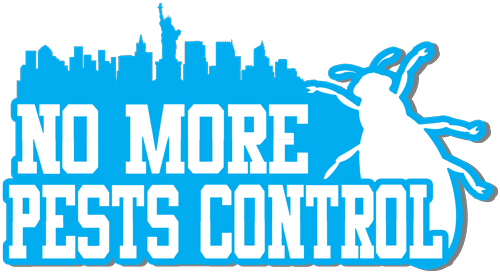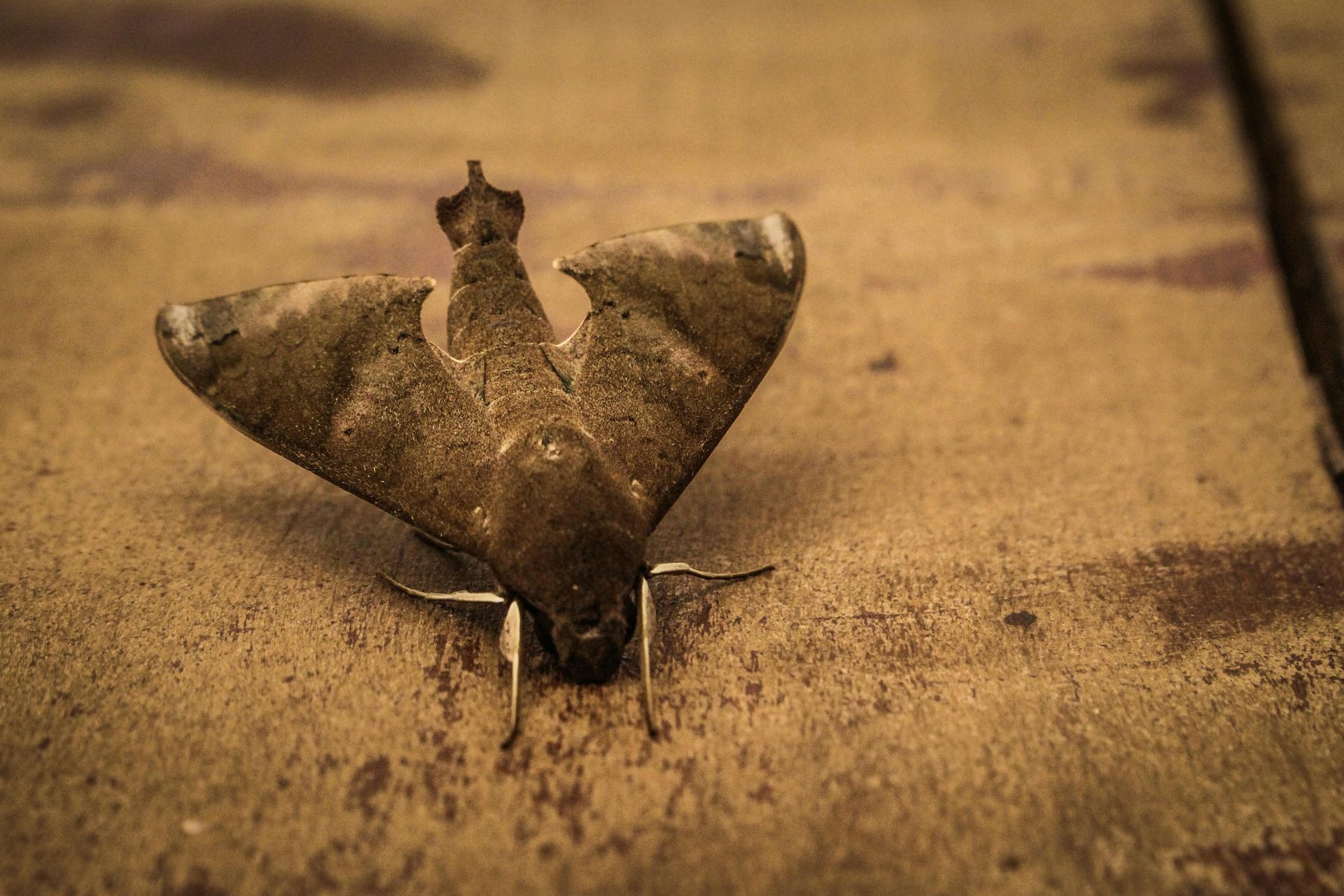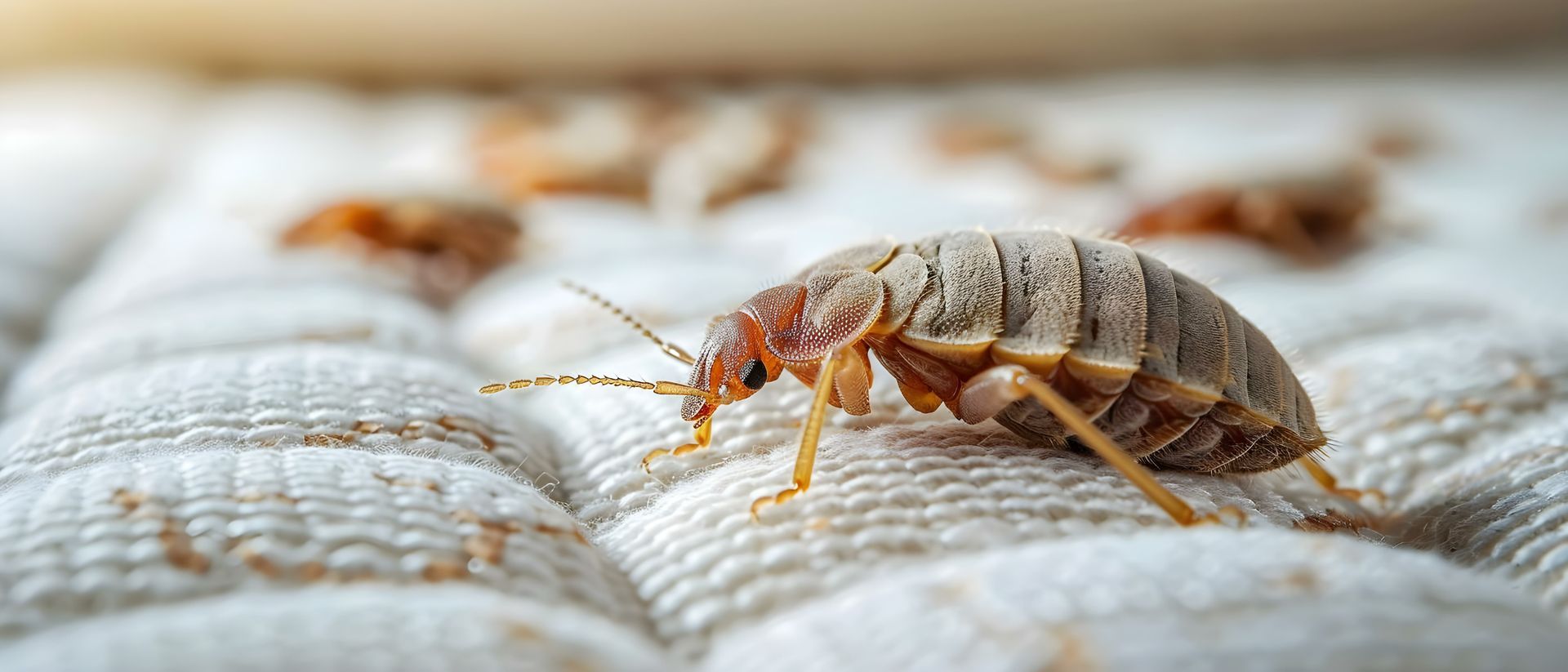Pest Control for Specific Household Areas: Keeping Your Home Safe and Pest-Free
Pests can be a significant nuisance and health hazard in any household. Whether it's ants in the kitchen, spiders in the basement, or bed bugs in the bedroom, each area of your home is susceptible to different types of pests. At No More Pests Control, LLC, based in Queens, NY, we specialize in providing comprehensive pest control services tailored to the unique needs of each household area. Our expert team is dedicated to ensuring your home remains a safe, clean, and pest-free environment.
1. Kitchen Pest Control
The kitchen is one of the most common areas for pest infestations due to the abundance of food and water sources. Common kitchen pests include ants, cockroaches, fruit flies, and pantry pests such as beetles and moths. These pests can contaminate food, spread bacteria, and cause significant health risks.
- Ants: Ants are attracted to food crumbs and sugary substances. They often enter through cracks and crevices in search of food. Regularly cleaning surfaces, storing food in airtight containers, and sealing entry points can help prevent infestations.
- Cockroaches: Cockroaches thrive in warm, moist environments and can be found near sinks, appliances, and garbage areas. They carry diseases and allergens, making them a severe health hazard. Keeping the kitchen clean and dry, fixing leaks, and using bait stations can effectively control cockroach populations.
- Fruit Flies: Ripe or spoiling fruits and vegetables are magnets for fruit flies. Properly storing produce, regularly emptying garbage, and using traps can help reduce their presence.
2. Bedroom Pest Control
The bedroom should be a sanctuary for rest and relaxation, but pests such as bed bugs, dust mites, and fleas can disrupt your peace. These pests can cause discomfort, allergic reactions, and even transmit diseases.
- Bed Bugs: Bed bugs are nocturnal insects that feed on human blood. They hide in mattress seams, furniture, and cracks during the day. Regularly inspecting bedding, using mattress encasements, and seeking professional treatment can help eliminate bed bugs.
- Dust Mites: Dust mites are microscopic pests that thrive in bedding, carpets, and upholstered furniture. These creatures consume shed skin particles and can exacerbate allergic reactions and asthma. Washing bedding in hot water, using allergen-proof covers, and maintaining low humidity levels can reduce dust mite populations.
- Fleas: Fleas are frequently introduced into households by pets. They can cause itching and transmit diseases. Regularly grooming pets, vacuuming floors and furniture, and using flea control products can help manage flea infestations.
3. Bathroom Pest Control
Bathrooms are prone to moisture and humidity, making them ideal environments for pests such as silverfish, mold mites, and cockroaches. These pests can cause structural damage and health issues.
- Silverfish: Silverfish are attracted to damp areas and feed on paper, fabric, and starchy materials. Keeping the bathroom dry, sealing cracks, and reducing clutter can help prevent silverfish infestations.
- Mold Mites: Mold mites thrive in damp and moldy environments. Allergic and respiratory conditions can be caused by these pests. Reducing moisture levels, cleaning moldy surfaces, and improving ventilation can control mold mite populations.
- Cockroaches: Cockroaches can also infest bathrooms, particularly if there are water leaks or damp conditions. Fixing leaks, keeping the bathroom dry, and using bait stations can effectively control cockroach populations.
4. Basement Pest Control
Basements are often dark, damp, and cluttered, making them attractive to pests such as spiders, rodents, and termites. These pests can cause structural damage and pose health risks.
- Spiders: Spiders are beneficial for controlling other insects but can be a nuisance if their populations grow too large. Reducing clutter, sealing entry points, and using sticky traps can help manage spider populations.
- Rodents: Rodents such as mice and rats seek shelter and food in basements. These pests can harm property and transmit diseases. Sealing entry points, removing food sources, and using traps can help control rodent infestations.
- Termites: Termites can cause significant structural damage by feeding on wood. Regularly inspecting wooden structures, reducing moisture levels, and seeking professional treatment can prevent termite infestations.
5. Outdoor Pest Control
Your home's exterior serves as the initial barrier against pests. Controlling pests outdoors can prevent them from entering your home. Common outdoor pests include mosquitoes, ticks, and wasps.
- Mosquitoes: Mosquitoes breed in standing water and can transmit diseases such as West Nile virus and Zika virus. Removing standing water, using mosquito repellents, and installing screens can help reduce mosquito populations.
- Ticks: Ticks can be found in tall grass, shrubs, and wooded areas. They can transmit Lyme disease and other illnesses. Keeping grass short, removing leaf litter, and using tick repellents can help protect against ticks.
- Wasps: Wasps build nests in eaves, attics, and trees. They can be aggressive and cause painful stings. Removing nests, sealing entry points, and using wasp traps can help manage wasp populations.
Don't Let Pests Take Over Your Home! Contact No More Pests Control, LLC!
At No More Pests Control, LLC, we understand the importance of maintaining a pest-free home. Our team of experts is equipped with the knowledge and tools to address pest issues in every area of your home. Whether you're dealing with ants in the kitchen, bed bugs in the bedroom, or rodents in the basement, we have the solutions to keep your home safe and comfortable.
Don't let pests take over your home. Contact No More Pests Control, LLC today at
(347) 901-8143 to schedule a consultation and take the first step towards a pest-free environment. Our experienced technicians are ready to provide you with customized
pest control solutions that meet your needs.
FAQs
How often do I need to have my home checked for pests?
Annual pest inspections are recommended. However, if you notice signs of pests or have had previous infestations, more frequent inspections may be necessary.
Are the pest control methods safe around children and animals?
Yes, at No More Pests Control, LLC, we use eco-friendly and safe pest control methods. Our treatments are designed to be effective against pests while being safe for your family and pets.
What should I do to prepare for a pest control treatment?
Before treatment, it's important to clean and declutter the area, seal food in airtight containers, and follow any specific instructions provided by our technicians.
What can I do to keep pests out of my house?
Preventive measures include sealing entry points, keeping your home clean and dry, storing food properly, and reducing clutter. Regular inspections and treatments can also help keep pests at bay.
What if I still see pests after a treatment?
It's common to see some pests after treatment as they are driven out of hiding places. However, if the problem persists, contact us, and we will re-evaluate and provide additional treatments if necessary.
